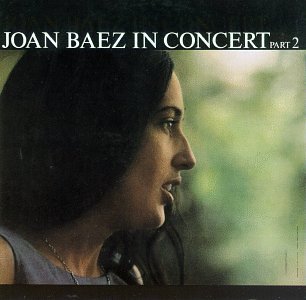
Joan Baez in Concert, Part 2 was a second installment of live material, recorded during Joan Baez' concert tours of early 1963. It peaked at number 7 on the Billboard Pop Albums chart.
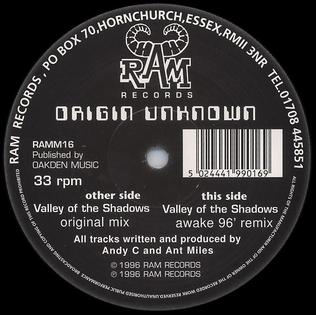
"Valley of the Shadows" is a song by English drum and bass duo Origin Unknown. Considered to be a highly influential jungle track, it was originally released as the B-side of "The Touch" before its re-release as a standalone single in 1996, both released on RAM Records. "Valley of the Shadows" proved a lot more popular than the A-side, "The Touch", and the single went on to become one of the label's best-selling releases.
Cwm Rhondda is a popular hymn tune written by John Hughes (1873–1932) in 1907. The name is taken from the Welsh name for the Rhondda Valley.

"Just as I Am" is a Christian hymn, written by Charlotte Elliott in 1835, first appearing in the Christian Remembrancer, of which Elliott became the editor in 1836. The final verse is taken from Elliott's Hours of Sorrow Cheered and Comforted (1836).
"Man of Constant Sorrow" is a traditional American folk song first published by Dick Burnett, a partially blind fiddler from Kentucky. It was titled "Farewell Song" in a songbook by Burnett dated to around 1913. A version recorded by Emry Arthur in 1928 gave the song its current titles.

"Onward, Christian Soldiers" is a 19th-century English hymn. The words were written by Sabine Baring-Gould in 1865, and the music was composed by Arthur Sullivan in 1871. Sullivan named the tune "St Gertrude," after the wife of his friend Ernest Clay Ker Seymer, at whose country home he composed the tune. The Salvation Army adopted the hymn as its favoured processional. The piece became Sullivan's most popular hymn. The hymn's theme is taken from references in the New Testament to the Christian being a soldier for Christ, for example II Timothy 2:3 (KJV): "Thou therefore endure hardness, as a good soldier of Jesus Christ."
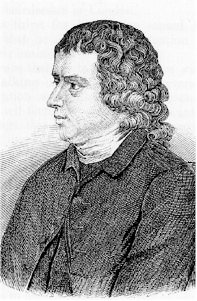
"Come Thou Fount of Every Blessing" is a Christian hymn written by the pastor and hymnodist Robert Robinson, who penned the words in the year 1758 at the age of 22.
"Who Am I (Sim Simma)", or simply "Who Am I", is a reggae single released by dancehall artist Beenie Man in 1998. It is the second track on his album Many Moods of Moses released in 1997.
"The Wayfaring Stranger", Roud 3339, is a well-known American folk and gospel song likely originating in the early 19th century about a plaintive soul on the journey through life. As with most folk songs, many variations of the lyrics exist and many versions of this song have been published over time by popular singers, often being linked to times of hardship and notable experiences in the singers' lives, such as the case with Burl Ives' autobiography.
In Biblical Hebrew Beulah is simply a transliteration of the Hebrew word, means "married to the land" and is applied to the land that the people of Israel will marry.
"Just a Closer Walk with Thee" is a traditional gospel song and jazz standard that has been performed and recorded by many artists. Performed as either an instrumental or vocal, "A Closer Walk" is perhaps the most frequently played number in the hymn and dirge section of traditional New Orleans jazz funerals. The title and lyrics of the song allude to the Biblical passage from 2 Corinthians 5:7 which states, "We walk by faith, not by sight" and James 4:8, "Come near to God and He will come near to you."

Welcome Here Kind Stranger is a 1978 album by Paul Brady. After leaving The Johnstons, Brady toured with Planxty until they disbanded in 1975, and recorded a duo album with Andy Irvine in 1976.
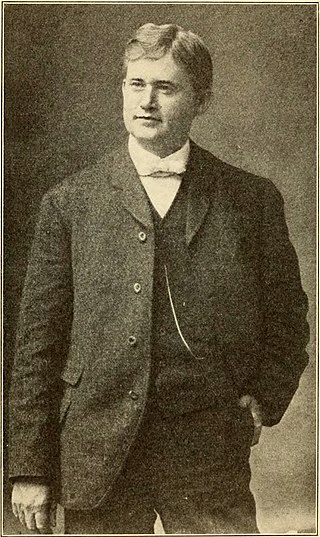
Charles Davis Tillman —also known as Charlie D. Tillman, Charles Tillman, Charlie Tillman, and C. D. Tillman—was a popularizer of the gospel song. He had a knack for adopting material from eclectic sources and flowing it into the mix now known as southern gospel, becoming one of the formative influences on that genre.
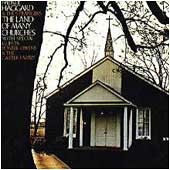
The Land of Many Churches is the fifteenth studio album by Merle Haggard and The Strangers, released as a double album by Capitol Records in 1971.

Country Music is the 58th studio album by country artist Willie Nelson. The album consists in a compilation of country music standards. Produced by Grammy-winning T Bone Burnett, it was released on April 20, 2010, by Rounder Records, and according to Nelson is the first traditional album he has ever recorded. It was his first release in the 2010s.

Early Rebel Recordings: 1962–1971 is a compilation album by the progressive bluegrass band Country Gentlemen. A collection of 110 songs, 5 of them previously unreleased, divided on 4 CD's, the album includes various lineups of the early Country Gentlemen. It includes the first and second classic lineup, while adding Dobro of Mike Auldridge or second guitar by Pete Kuykendall.

Psalm 8 is the eighth psalm of the Book of Psalms, beginning and ending in English in the King James Version (KJV): "O LORD, our Lord, how excellent is thy name in all the earth!". In Latin, it is known as "Domine Dominus noster". Its authorship is traditionally assigned to King David. Like Psalms 81 and 84, this psalm opens with a direction to the chief musician to perform upon the gittith, which either refers to a musical instrument, a style of performance, or alludes to persons and places in biblical history.

Psalm 39 is the 39th psalm of the Book of Psalms, beginning in English in the King James Version: "I said, I will take heed to my ways, that I sin not with my tongue". The Book of Psalms is part of the third section of the Hebrew Bible, and a book of the Christian Old Testament. In the slightly different numbering system used in the Greek Septuagint and Latin Vulgate translations of the Bible, this psalm is Psalm 38. In Latin, it is known as "Dixi custodiam vias meas". It is a meditation on the fragility of man before God, ending in a prayer for a peaceful life.

Psalm 46 is the 46th psalm of the Book of Psalms, beginning in English in the King James Version: "God is our refuge and strength, a very present help in trouble". In the slightly different numbering system used in the Greek Septuagint and Latin Vulgate translations of the Bible, this psalm is Psalm 45. In Latin, it is known as "Deus noster refugium et virtus". The song is attributed to the sons of Korah.
"Joshua Fit the Battle of Jericho" is a well-known African-American spiritual.













